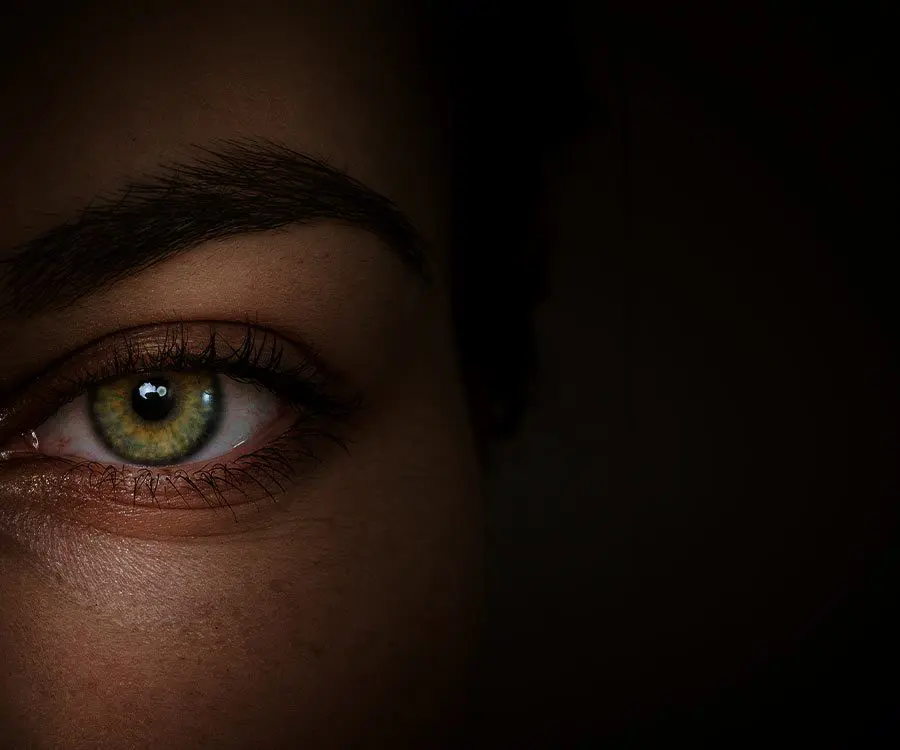
- Uncategorised

- News
How Diabetes Impacts Vision

Diabetes is a chronic condition that affects millions worldwide, characterised by high blood sugar levels due to the body’s inability to produce or effectively use insulin. While diabetes is widely known for its impact on blood sugar and general health, it also significantly affects vision. In fact, diabetic eye complications are a leading cause of blindness in adults, making the relationship between diabetes and vision health a critical area of awareness and preventative care.
How Diabetes Impacts Vision
When blood sugar levels remain consistently high, they can damage various parts of the body, including the blood vessels in the eyes. These tiny blood vessels are particularly vulnerable to damage from high glucose levels, which can result in several eye conditions, including diabetic retinopathy, diabetic macular oedema, cataracts, and glaucoma.
Diabetic Retinopathy is one of the most common complications for those with diabetes. It occurs when high blood sugar damages the small blood vessels in the retina, causing them to leak or bleed, which leads to vision problems and, in advanced cases, blindness. There are two main stages of diabetic retinopathy: non-proliferative and proliferative. In the non-proliferative stage, blood vessels in the retina are weakened, leading to leakage of blood and other fluids. In the proliferative stage, the damage worsens, and new blood vessels may grow on the retina, increasing the risk of severe vision impairment.
Diabetic Macular Oedema is a result of diabetic retinopathy. It happens when fluid from leaking blood vessels accumulates in the macula, the part of the retina responsible for sharp, central vision. This fluid buildup can cause swelling, blurring, and loss of central vision, which can interfere with daily tasks such as reading and driving.
Cataracts develop at an accelerated rate in people with diabetes. Cataracts cause clouding of the lens, which hampers the passage of light to the retina, making vision blurry or hazy. Although cataracts are common in older adults, people with diabetes are more likely to develop them at a younger age due to the effects of high blood sugar on lens proteins.
Glaucoma is another vision problem associated with diabetes. It occurs when increased pressure in the eye damages the optic nerve. Diabetes nearly doubles the risk of developing glaucoma, especially open-angle glaucoma, which is the most common type and can cause gradual vision loss if untreated.
Preventing Vision Loss in People with Diabetes
Preventing vision loss related to diabetes requires careful management of blood sugar levels, regular eye exams, and a proactive approach to eye health. Managing blood sugar, blood pressure, and cholesterol levels can help reduce the risk of eye complications. The American Diabetes Association recommends annual comprehensive eye exams for people with diabetes. During these exams, an eye care professional can detect early signs of diabetic retinopathy and other conditions, allowing for timely intervention.
Additionally, lifestyle factors like a balanced diet, regular exercise, and smoking cessation are crucial for managing diabetes and reducing the risk of eye complications. If a person with diabetes begins to notice changes in their vision, it’s essential to consult an eye care professional promptly. Early intervention and treatment can slow or prevent further damage.
Treatment Options for Diabetic Eye Conditions
For those already experiencing diabetic eye conditions, there are treatment options available. For example, laser therapy can seal or shrink leaking blood vessels in cases of diabetic retinopathy and macular oedema. Anti-VEGF injections can also help reduce fluid leakage and abnormal blood vessel growth in the retina. In cases of advanced cataracts or glaucoma, surgery may be recommended to restore or maintain vision.
Conclusion
The link between diabetes and vision health is significant and emphasises the importance of managing diabetes not just for general health, but also for preserving eyesight. Through regular monitoring, blood sugar management, and timely treatments, individuals with diabetes can protect their vision and reduce the likelihood of severe complications.
If you’re concerned about Diabetes, visit our Prema Private GP service
Reviews







